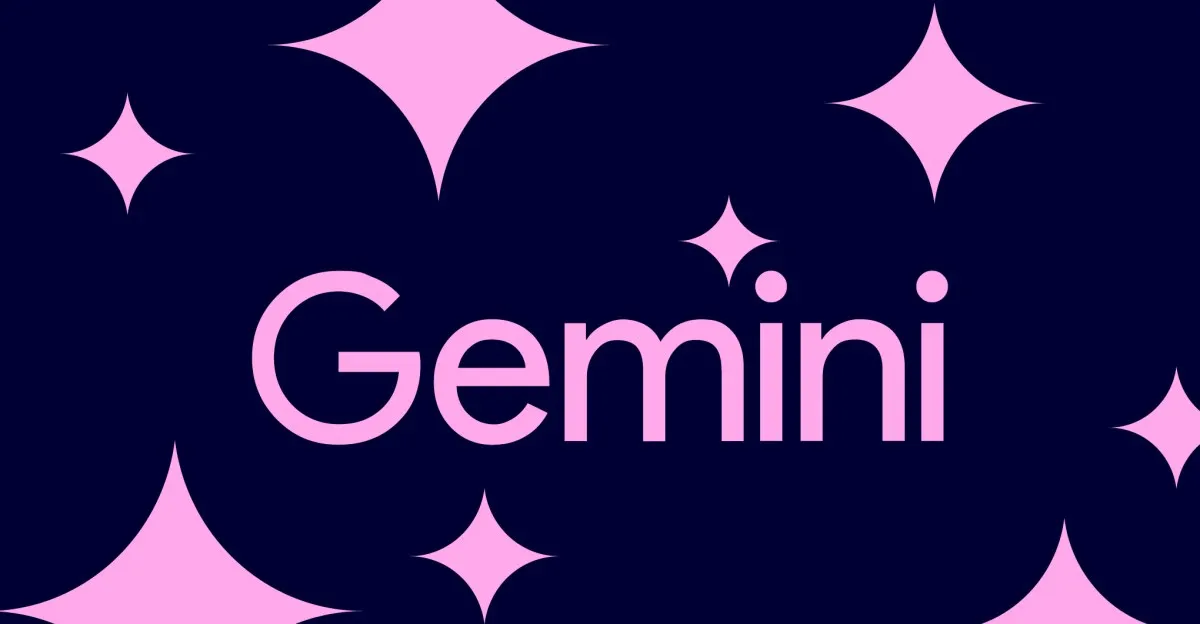
In a significant move for the mobile operating system, Android is set to receive its most substantial visual update in years. Instead of unveiling this update at the highly anticipated annual developer conference, Google chose to announce Material Three Expressive during a pre-show event streamed on YouTube, just a week prior. This decision raises the question: if a major design language shift for the world's most popular mobile OS doesn't warrant the spotlight at I/O, what does? The answer appears to be artificial intelligence (AI).
As we approach the I/O conference starting on Tuesday, expectations are high for Google to delve into its latest advancements with Gemini, the company's AI initiative. Attendees can anticipate discussions on how Gemini is evolving and being integrated into various products, making a tangible impact on consumer experiences. For those who have followed previous I/O keynotes, this focus on AI should come as no surprise. In 2023, Android received minimal attention, with CEO Sundar Pichai mentioning AI so frequently that it became almost comical. The trend continued from the previous year, where Pichai even counted his mentions of AI, emphasizing the tech giant's shift towards prioritizing artificial intelligence.
Interestingly, the reduced emphasis on the latest Android OS at I/O could be viewed positively. Google has made commendable strides in recent years to ensure that new features reach a broader audience, even on devices not operating on the latest Android version. Manufacturers like Samsung and Motorola often have their own schedules for rolling out new OS versions, so providing new features via Google Play and app updates allows for quicker accessibility to users. A common criticism of previous Android updates was the sluggish rollout of features, which frequently failed to reach many devices. This year, Google has revamped its release schedule for Android 16, planning for a major update in Q2 and a minor one in Q4. This timeline aims to facilitate the adoption of new features across a wider range of devices.
However, the possibility of I/O becoming predominantly an AI showcase raises concerns. The last two years have seen consumer tech companies host seemingly endless AI pep rallies, often previewing features that appear promising but tend to arrive late or not at all. For instance, Apple has faced challenges in delivering on its AI promises. To its credit, Google has successfully launched numerous AI features across various platforms, including its upcoming XR platform, which has been teased multiple times, as well as popular applications like Chrome, Gmail, and Meet.
Despite the excitement surrounding AI, there is a growing sense that consumers are reaching a tipping point. The continuous promises of time and effort savings through AI are beginning to feel overexaggerated. Nevertheless, it’s commendable that Google took the initiative to highlight Android before the grand I/O presentation, ensuring that Android receives its due recognition rather than being overshadowed by AI feature announcements.